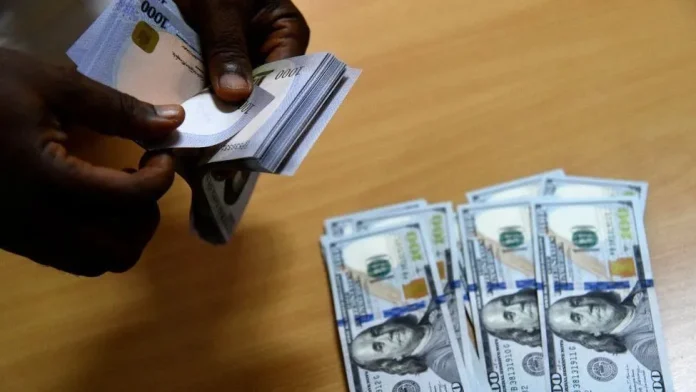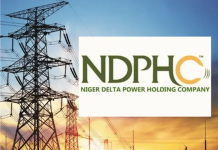The CEO of Rainoil Ltd, Dr. Gabriel Ogbeche, attributes the soaring petrol prices in Nigeria to the country’s weak exchange rate rather than fluctuations in crude oil prices.
In an interview on Channels Television’s Business Morning, Dr. Ogbeche explains that despite the deregulation of the petroleum sector in October, the devaluation of the Naira remains the primary factor behind rising fuel costs.
Dr. Ogbeche points out that two main factors influence fuel prices in Nigeria: the price of crude oil and the exchange rate of the Naira against the U.S. dollar. He emphasizes that while crude oil prices have remained relatively stable, the Naira’s significant depreciation has been the key driver of high petrol prices.
“Crude oil prices have fluctuated between $60 and $80 per barrel in recent years,” he notes. “However, the most significant issue affecting petrol prices is the exchange rate. The Naira’s sharp decline has made fuel more expensive, with the exchange rate having a greater impact than crude oil prices.”
Fuel prices surged past N1,000 per litre in October, according to Dr. Ogbeche, following the Nigerian National Petroleum Company Limited’s (NNPCL) decision to sell crude oil to the Dangote refinery in Naira. The National Bureau of Statistics (NBS) also reports that the average retail price of petrol in September 2024 reached N1,030.46, marking a 64.55% increase from the same period in 2023.
The spike in fuel costs comes after President Bola Tinubu’s announcement to end the fuel subsidy in May 2023, aiming for a market-based pricing structure. Additionally, the Central Bank of Nigeria’s unification of the foreign exchange market in June 2023 has led to the Naira losing over 50% of its value, further contributing to rising fuel prices.
Since petroleum products are priced in U.S. dollars, any depreciation in the Naira translates to higher fuel prices. The exchange rate currently hovers around N1,600 to the U.S. dollar.













